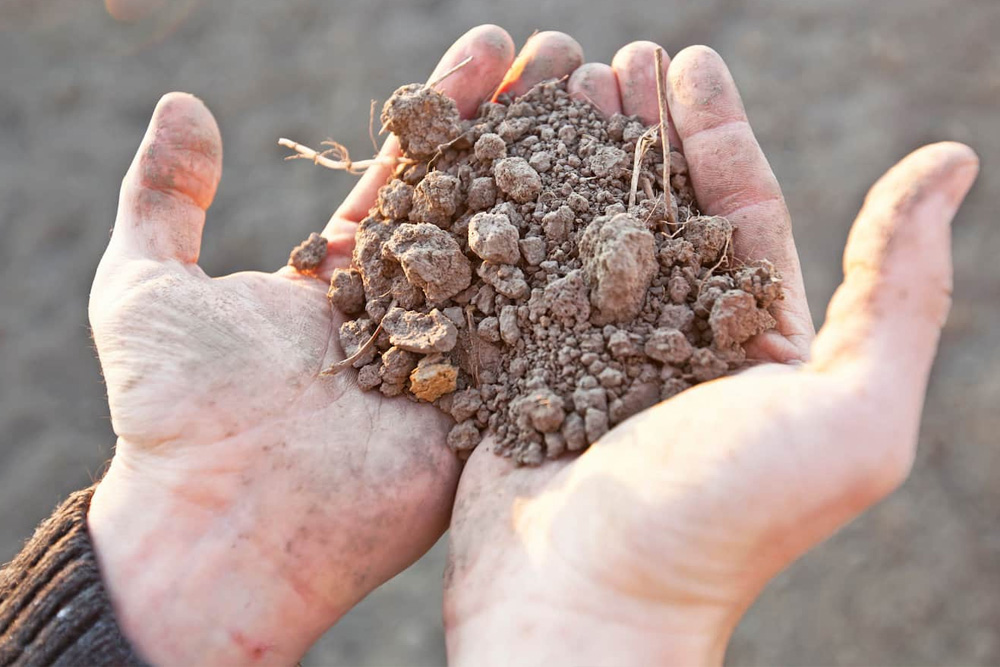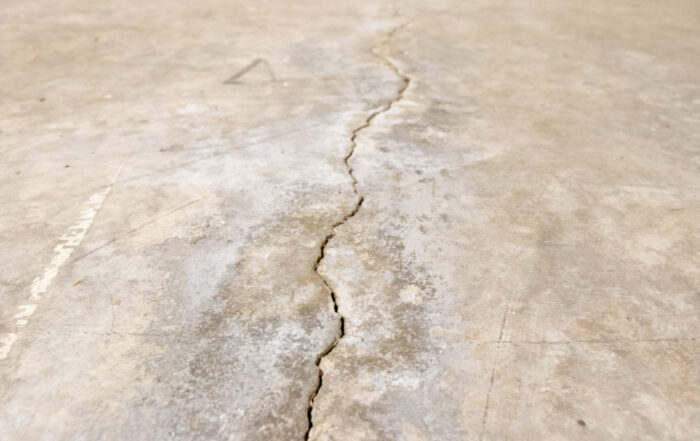Foundation Failure Due to Soil? Let’s Get Dirty!

When it comes to foundation issues, many homeowners immediately think about visible cracks in walls or doors that won’t close properly. But what if the real culprit is lurking underground? The truth is, the soil beneath your home plays a pivotal role in the stability of your foundation. If you’re battling foundation problems, it’s time to ask yourself: Is your soil to blame?
Let’s break down the connection between soil and foundation failure, why Texas soil poses unique challenges, and how you can protect your home with proactive solutions.
The Foundation-Soil Relationship: It’s Complicated
Your foundation and the soil beneath it share a close—and sometimes volatile—relationship. Soil is more than just dirt; it’s a complex mixture of minerals, organic matter, water, and air. When the soil beneath your home isn’t stable, your foundation may shift, crack, or sink over time.
The Key Culprit: Expansive Soil
One of the most common soil issues is expansive soil, which contains high amounts of clay. This type of soil swells when wet and shrinks when dry, creating constant movement beneath your foundation. Think of it like a sponge: when it soaks up water, it grows, and when it dries out, it shrinks. This cycle of expansion and contraction wreaks havoc on your home’s stability.
Why Texas Soil is Particularly Tricky
If you live in Texas, you’re no stranger to foundation issues. The Texas soil beneath your home is notoriously finicky, thanks to its high clay content. The dramatic shifts between the state’s wet and dry seasons make matters worse, as the soil expands and contracts more frequently than in other regions.
This is why so many Texas homeowners encounter problems like uneven floors, sticking doors, and cracked walls. If you suspect your home is being affected by the volatile soil in Texas, you’re not alone!
Signs Your Soil May Be Sabotaging Your Foundation
Not all foundation problems are caused by soil issues, but there are telltale signs that your soil might be the root cause:
- Cracks in Walls or Floors: Look for diagonal cracks, particularly near windows or doors.
- Doors and Windows That Stick: Shifting soil can cause frames to warp, making doors and windows difficult to open or close.
- Uneven or Sloping Floors: If your floors feel like a rollercoaster, soil movement may be to blame.
- Gaps Between Walls and Ceilings: Expanding soil can push your foundation upward, creating gaps.
- Water Pooling Around Your Home: Poor drainage can saturate soil, causing it to swell and shift.
If you notice any of these signs, don’t panic. A professional inspection can identify the root cause of the problem and help you develop a plan to protect your home.
How to Protect Your Home from Problematic Soil
The good news? There are ways to mitigate the impact of soil-related foundation issues. With the right strategy, you can keep your foundation safe and sound.
1. Proper Drainage is Key
Excess water is a major contributor to soil instability. Ensure that your property has proper drainage to direct water away from your foundation. Gutters, downspouts, and sloping landscapes can all help prevent water from pooling near your home.
2. Maintain Consistent Soil Moisture
Preventing dramatic shifts in soil moisture is essential. During dry periods, use a soaker hose or sprinkler system to keep the soil around your foundation slightly moist. Just don’t overdo it—too much water can cause the soil to swell.
3. Schedule Regular Inspections
A proactive approach can save you from costly repairs down the road. Professional inspections identify small issues before they become big problems.
4. Invest in Home Foundation Repairs
If you’re already dealing with cracks or shifts, don’t delay repairs. Professional home foundation repair services can address existing damage and prevent further issues, ensuring your home stays safe and stable.
Can You Prevent Foundation Problems Entirely?
While you can’t control Mother Nature, there are steps you can take to minimize the risk of foundation failure:
- Choose the Right Landscaping: Avoid planting large trees or shrubs too close to your foundation. Their roots can draw moisture from the soil, exacerbating shrinkage during dry spells.
- Install a Root Barrier: If you have existing trees near your foundation, root barriers can prevent them from disrupting the soil.
- Monitor Your Foundation Regularly: Walk around your home periodically to check for signs of shifting or cracking. Early detection is your best defense.
Why Addressing Soil Problems Early is Critical
Ignoring soil-related foundation issues can lead to severe consequences. Left unchecked, foundation problems can result in:
- Structural Instability: As your foundation weakens, your home’s structural integrity may be compromised.
- Decreased Property Value: Foundation issues can deter potential buyers, making it harder to sell your home.
- Costly Repairs: The longer you wait, the more expensive repairs become.
The best way to protect your investment is to address issues early and work with experienced professionals who understand the unique challenges of Texas soil.
Don’t Let Your Soil Steal Your Peace of Mind
Your home is your sanctuary, and its foundation should give you peace of mind—not stress. By staying informed about the role of soil in foundation health, you can take proactive steps to protect your home. Whether you need expert guidance, a professional inspection, or immediate repairs, PermaPier has the expertise to keep your foundation solid for years to come.
Ready to tackle your foundation issues? Start by scheduling a foundation inspection with our team today! And don’t forget to explore more about how Texas soil shapes the challenges homeowners face in the Lone Star State. Together, we can build a stronger, more stable future for your home.



